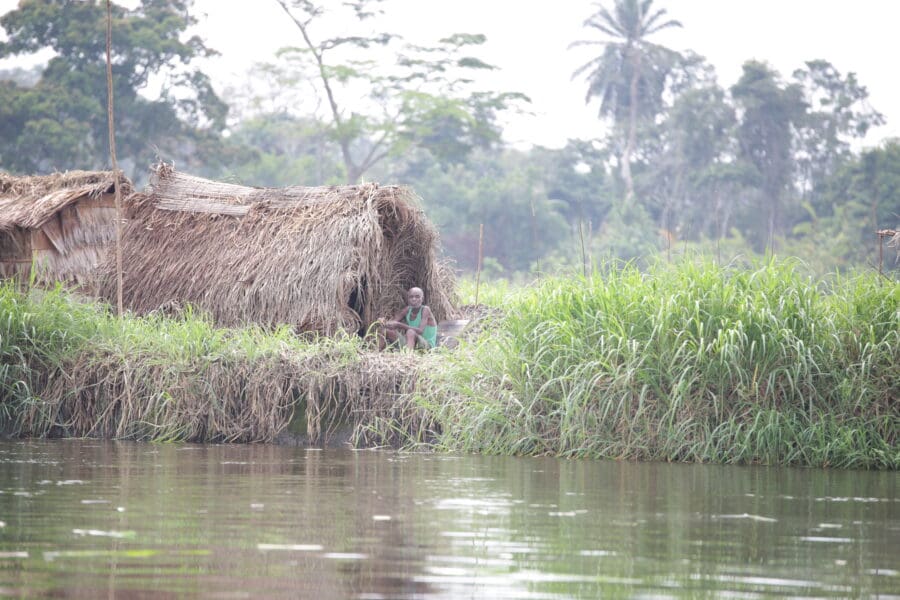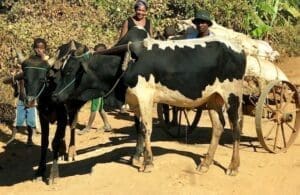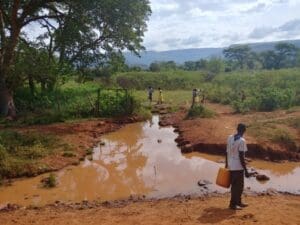The newly-launched “Network of African Land Institutions for Community Land Rights” will capitalize on opportunities to scale up recognition of community land rights in Africa
Representatives from 13 governmental land agencies in Africa announced today in Antananarivo, Madagascar the launching of the Network of African Land Institutions for Community Land Rights to serve as a platform for exchange and mutual support to advance opportunities to secure indigenous and community land rights across the region.
The Network was launched at the closing of the Regional Workshop of Land Institutions for Securing Communities’ Land Rights in Africa, held in Madagascar from May 21-23, 2019. Instigated by the Rights and Resources Initiative (RRI) and co-organized by the International Land Coalition (ILC) and the Malagasy Ministry of Regional Development, Housing and Public Works (MATHTP), along with the national civil society platform to support land reform (the Solidarite des Intervenants du Fonciers a Madagascar, SIF), the regional workshop aimed at capitalizing on recent legislative land and forest gains across Africa for the expansion of tenure rights for Indigenous Peoples, local communities, and women within those communities, as well as growing political will to support this agenda in a number of countries.
The Network emerged from a need identified at the Workshop for a platform for exchange, resource mobilization, capacity building for key stakeholders, and tenure reforms aimed at supporting Indigenous Peoples and local communities, and women within those communities. In launching the Network, the representatives also recognized the need to prioritize protecting the rights of women, young people, and pastoralist communities; recommended ensuring community ownership of rights recognition processes; and supported the development of alternative modes of resolving tenure conflicts outside of the courts, which are often inaccessible to or prohibitively expensive for community members. The representatives also recommended that the states involved in the Network be responsible for financing these solutions on the ground to catalyze rights recognition.
These recommendations and the forming of the Network represent a critical step towards scaling recognition of community land rights across Africa at a moment of opportunity. While it is estimated that communities have customary rights to well over half of the land in Africa, one study showed only 16 percent of the land in 19 countries examined was legally recognized as owned or managed by Indigenous Peoples and local communities. Without secure rights to their lands, communities are vulnerable to expropriation of the lands they have conserved for generations to be used for mining or agriculture–or even to be set aside as protected areas. But with progressive laws recognizing the rights of Indigenous Peoples, local communities, and women within those communities on the books in several key countries across the region, the launching of this Network represents a key step towards consolidating the political will, financial resources, and technical expertise necessary to scale implementation of community land rights on the ground.
Leaders in Antananarivo also identified opportunities to scale up previous efforts and the challenges that could hinder these efforts, and developed new work plans for each country to scale up reforms and implementation of community rights, with a follow-up meeting planned in two years.
Read the Declaration.







